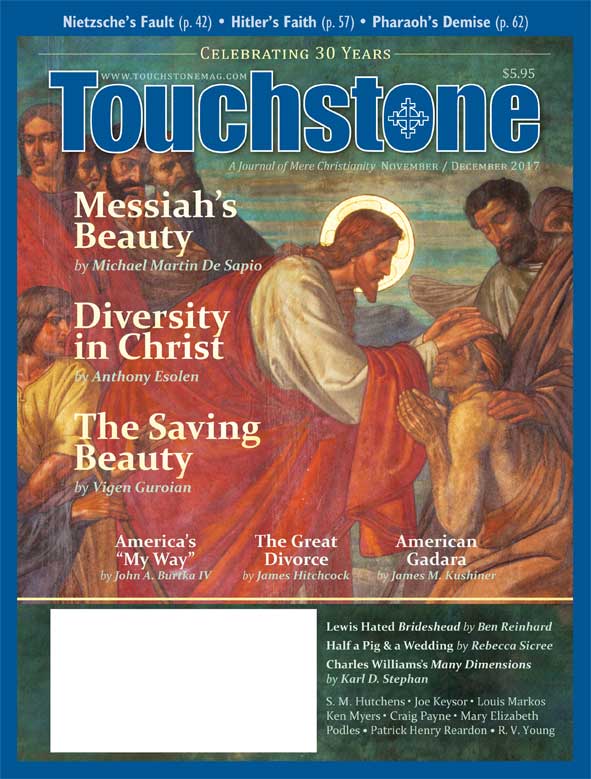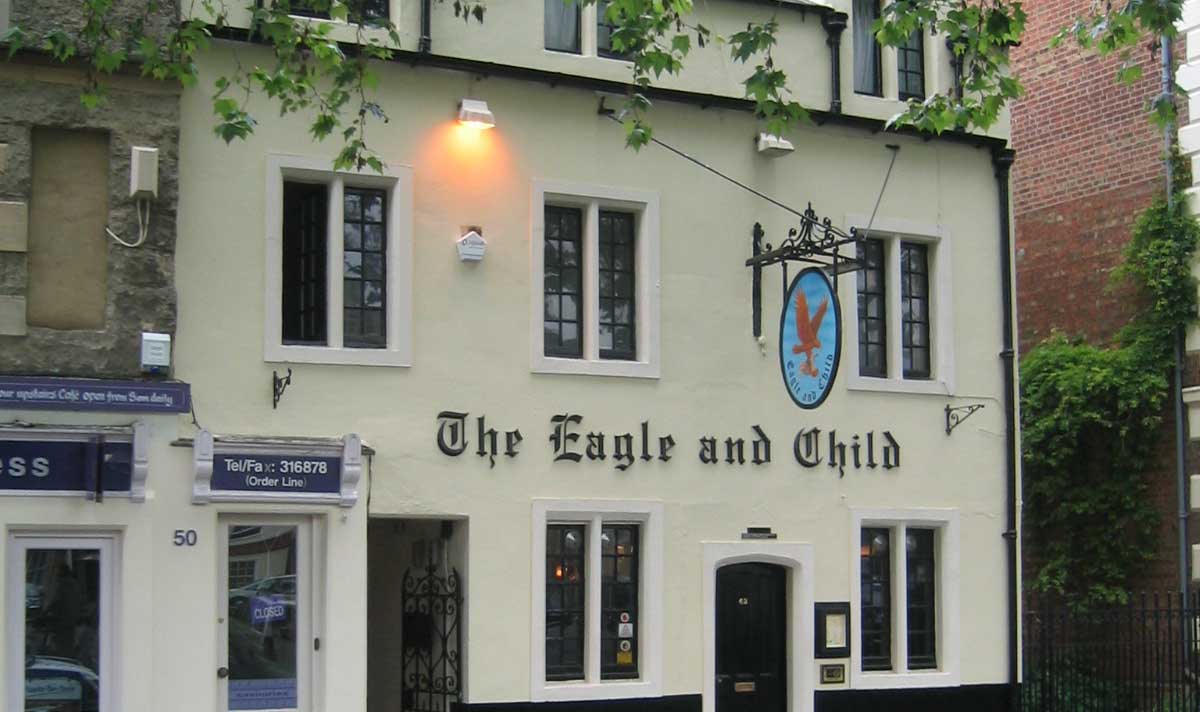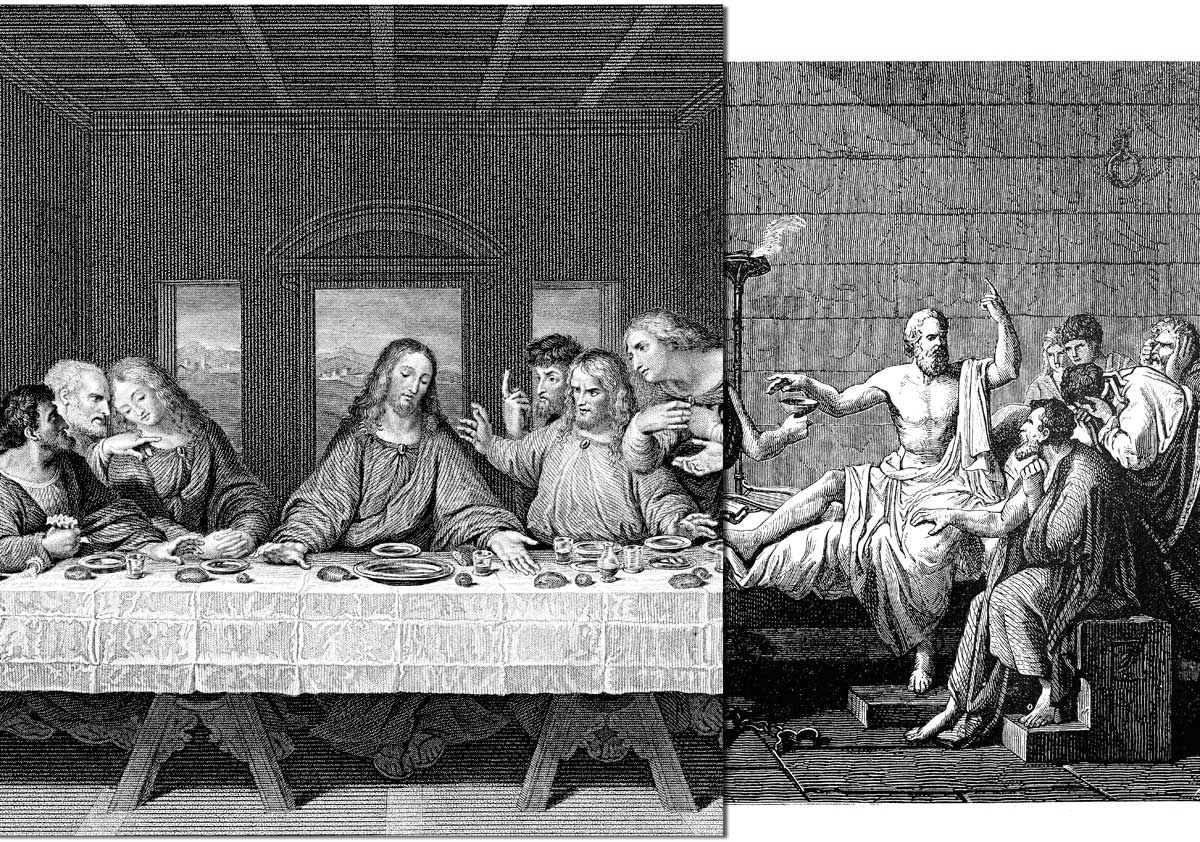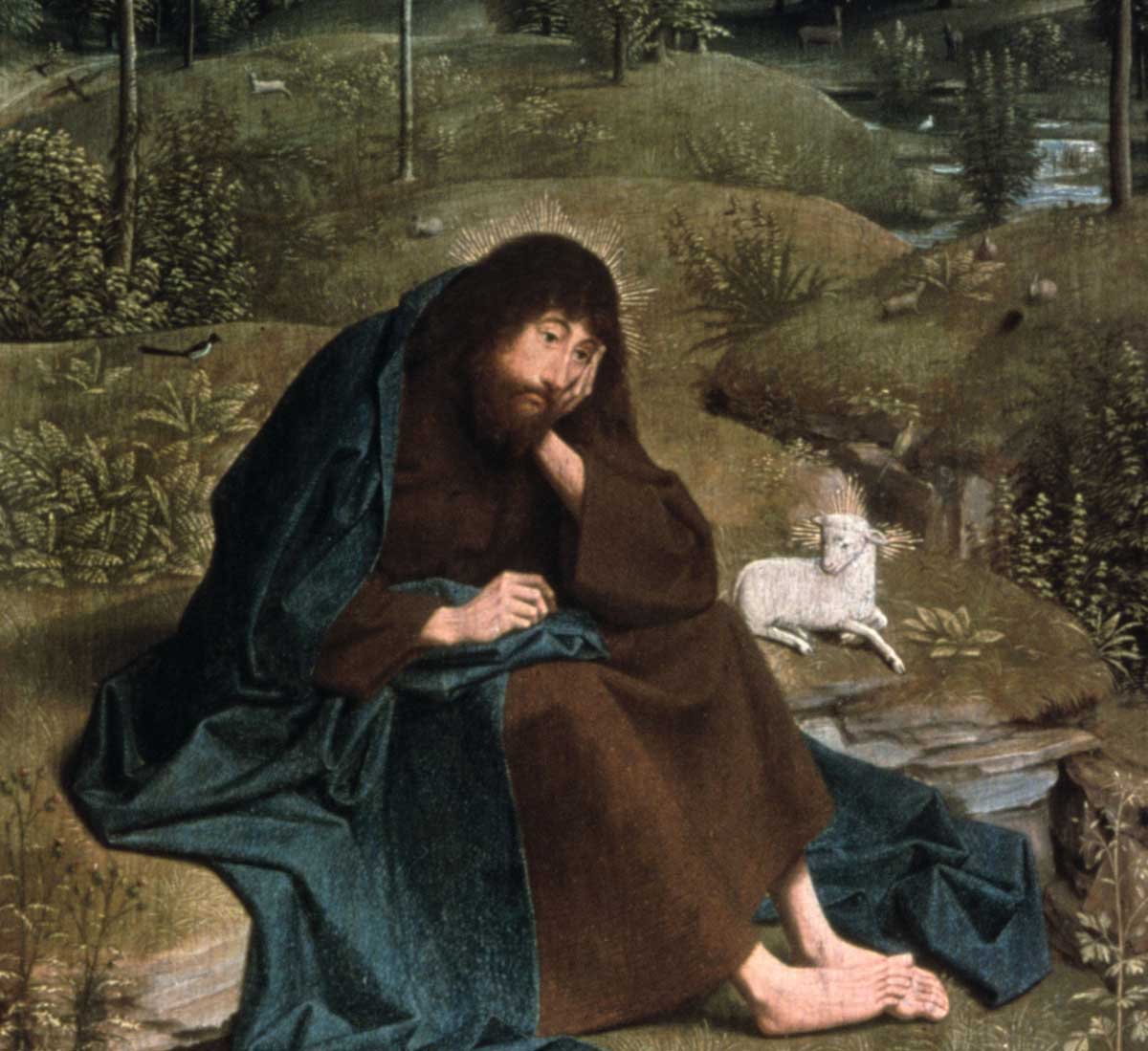View
Odious & Deplorable
Ben Reinhard on C. S. Lewis, Brideshead Revisited & the Middle Things
Time has been the great healer for the conservative poets and storytellers of the twentieth century. Men who were, in their day, some of each other's harshest critics and fiercest rivals have accepted "the constitution of silence / and are folded into a single party." Eliot's feud with Chesterton, Lewis's critique of Eliot, Tolkien's dismissal of Chesterton's Ballad of the White Horse, and the rest have largely faded from memory, and the modern student can speak with affection and comfort of the Catholic Literary Revival, the Inklings, and the Fugitive Poets.
While there is certainly sense in this simplification—what united Eliot, Tolkien, and Chesterton is certainly more important than what divided them—it fails to tell the whole story. Like a manicured lawn, this cultivated version of literary history presents clean lines and a pretty picture. But something is lost there: there is life in the weeds, and the conflicts between members of similar literary parties reveal subtleties of thought and distinctions that would otherwise be easy to gloss over.
C. S. Lewis's critique of Evelyn Waugh's Brideshead Revisited is especially easy to miss, buried as it is in the more than 3,000 pages of his collected correspondence. Indeed, the very existence of the critique is due to fortunate chance; but for outside interference, it is likely that Lewis would never have read Brideshead at all. In 1951, his friend Christian Hardie (to whose son Nicholas The Silver Chair is dedicated) suggested that Lewis read the novel in order to "catch up with the contemporary scene," and she even lent him her copy.
The experiment was less than successful. Lewis toiled through the book, and at one point nearly despaired of finishing it. Once finished, however, he sent a series of letters to Hardie detailing his objections.
The Tiresome Seen Through the Tiresome
The criticisms fall broadly into two categories. The first set of criticisms is formal, focusing, as Lewis explained to Hardie, on judging the novel as "primarily a Thing, an Object, enjoyed for its colour, proportions, atmosphere, its flavor." In this regard, Lewis viewed the novel as a very mixed bag. While he praised its style—ironically, one of the elements of the novel Waugh would come to regret—he had serious reservations about its overall form (that is, its "color, proportions, and flavor"), especially with regard to the plot and characters.
The integrity of the plot proved a particular problem for Lewis. Waugh had claimed that the novel's theme was "the operation of divine grace on a group of diverse but closely connected characters." If that is so, then the central scene in the story is certainly Lord Marchmain's deathbed act of contrition; in his final moments, and after years of rebellion, he makes the Sign of the Cross.
This is the moment of grace that saves the family: Lord Marchmain's salvation, Julia's reversion, and Charles's eventual conversion all flow from this simple gesture. In the novel's own stated terms, this scene triggers the avalanche that demolishes Charles's cozy, self-satisfied world; it is the "twitch upon the thread" that brings the wandering sinners back to God. Lord Marchmain's confessor, Father Mackay, provides the final gloss on the event: "Well, now, and that was a beautiful thing to see. I've known it happen that way again and again. The devil resists to the last moment and then the Grace of God is too much for him." Divine grace has operated on the characters, and God has triumphed.
Lewis, however, would have none of it, and he detailed his objections in two separate letters to Hardie. In the first, he notes that the scene was, for him, a failure, as "a twitch-on-the-thread conversion doesn't seem . . . to be capable of artistic presentation." A year later, he explained himself more fully: given Waugh's presentation of the scene, "the supposedly good end of the old rake had simply to be taken on trust."
That is, in the absence of further evidence, the reader cannot draw any sure conclusion regarding the "operation of divine grace" on Lord Marchmain. The outward sign of contrition is in itself insufficient. He might have made the Sign of the Cross, as Lewis says, unwittingly or out of "momentary sentiment" or even, as one of my colleagues has observed, out of plain spite—and the reader has no way of telling the difference. Given the importance of the theme to the novel and of this scene to the theme, Waugh's failure here is considerable.
Ben Reinhard is an assistant professor of English Language and Literature at Christendom College, where he teaches classes in Old and Middle English literature. He lives with his wife and children in Front Royal, Virginia.
subscription options
Order
Print/Online Subscription

Get six issues (one year) of Touchstone PLUS full online access including pdf downloads for only $39.95. That's only $3.34 per month!
Order
Online Only
Subscription

Get a one-year full-access subscription to the Touchstone online archives for only $19.95. That's only $1.66 per month!
bulk subscriptions
Order Touchstone subscriptions in bulk and save $10 per sub! Each subscription includes 6 issues of Touchstone plus full online access to touchstonemag.com—including archives, videos, and pdf downloads of recent issues for only $29.95 each! Great for churches or study groups.
Transactions will be processed on a secure server.
more on C. S. Lewis from the online archives
more from the online archives
calling all readers
Please Donate
"There are magazines worth reading but few worth saving . . . Touchstone is just such a magazine."
—Alice von Hildebrand
"Here we do not concede one square millimeter of territory to falsehood, folly, contemporary sentimentality, or fashion. We speak the truth, and let God be our judge. . . . Touchstone is the one committedly Christian conservative journal."
—Anthony Esolen, Touchstone senior editor














